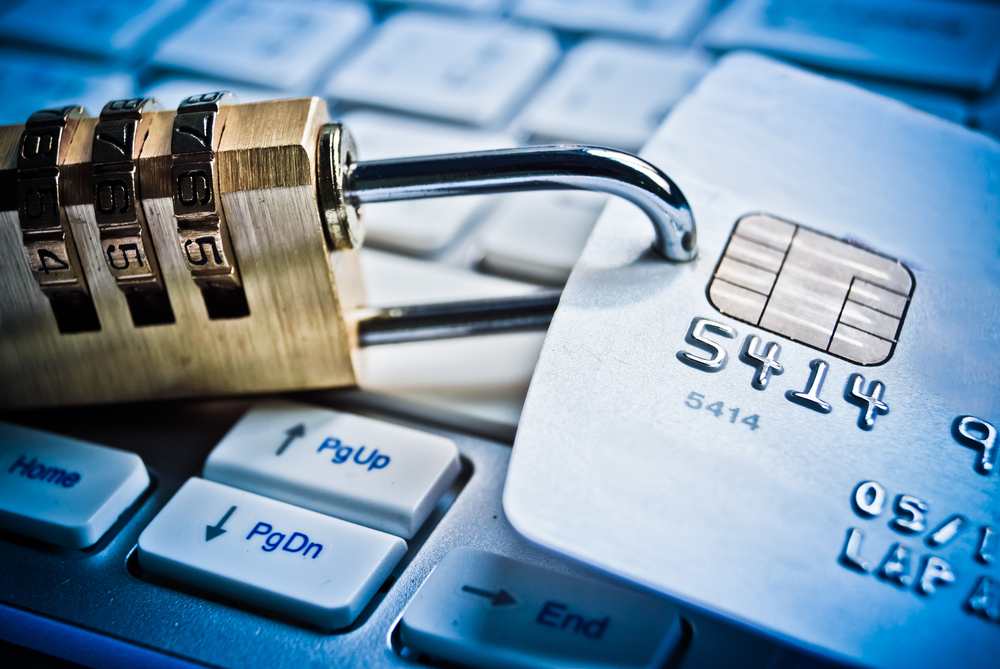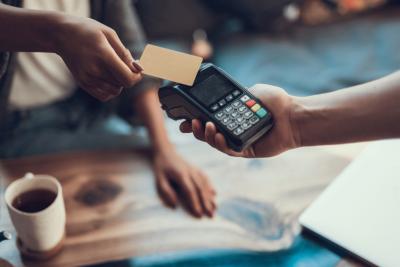Ramadan telephone scams
What to look out for
- A thank you call for a donation you don’t remember making. Making you think that you gave to the cause last Ramadan is a common trick that scammers use to lower your resistance.
- Pushy callers who try to insist you donate immediately over the phone. Don’t be pressured into acting quickly. A genuine charity won’t mind waiting if you want time to do your research or think.
- Unexpected SMS or WhatsApp messages asking for donations via message. Never respond to unsolicited messages. If you want to donate, go to type the charity’s official website URL into your browser and contact them using details there. Do not click on links or use contact details from unsolicited messages.
- Spelling or grammar errors in messages. If a message doesn’t look professional, it’s probably a scam.
What to do
- If a caller asks you for personal information such as your PIN or password, or if they tell you that your computer has a virus, ignore what they are saying and hang up. These are common scams.
- If you are unsure, say that you will call back using a phone number from the charity’s official webpage.
- Be aware that scammers can keep your phone line open. Scammers may ask you to call an official number, such as the one on your bank card. They can keep the phone line open so even if you hang up and dial the bank’s number, the line is still connected to the scammers. Always use a different phone, call someone you know first to check the line is free or wait at least 10 to 15 minutes between calls to make sure any scammers have hung up.
- Report unwanted texts to your mobile operator by forwarding the text to 7726. All operators now use this number as the short code to report spam texts, and it is always free of charge.
- Never reply to a message you think may be a scam, not even to text STOP.
- Block the number. Unfortunately, scammers often use multiple sims to send these messages, so blocking one doesn’t mean you won’t hear from them again. Stay vigilant and always block suspicious messages.
How to avoid telephone scams
- If you have an answerphone on your landline or voicemail on your mobile, use it to screen your calls.
- Get a caller ID device to see who is calling, although some scammers can make it appear as though they are calling from a legitimate number, if you hang up and call this number back later, it won’t be them.
- Use a call blocker to stop unwanted calls. Some blockers come pre-programmed with known nuisance numbers, and some allow you to add numbers to that list when you get a nuisance or scam call. You can buy call blockers from various retailers and some local authorities provide them.
- Join the free Telephone Preference Service (TPS). This should reduce the number of cold calls you receive, although it won’t necessarily block scammers.
- TPS has a service to stop cold calls to mobile phones too - text ‘TPS’ and your email address to 78070 to register.
Who to contact
- If you are concerned someone has contacted you posing as a registered charity, contact the charity to let them know.
- Contact Action Fraud to report a scam. Tel: 0300 123 2040 Textphone: 0300 123 2050 www.actionfraud.police.uk
- Call TPS on 0845 070 0707 to register with its service.










